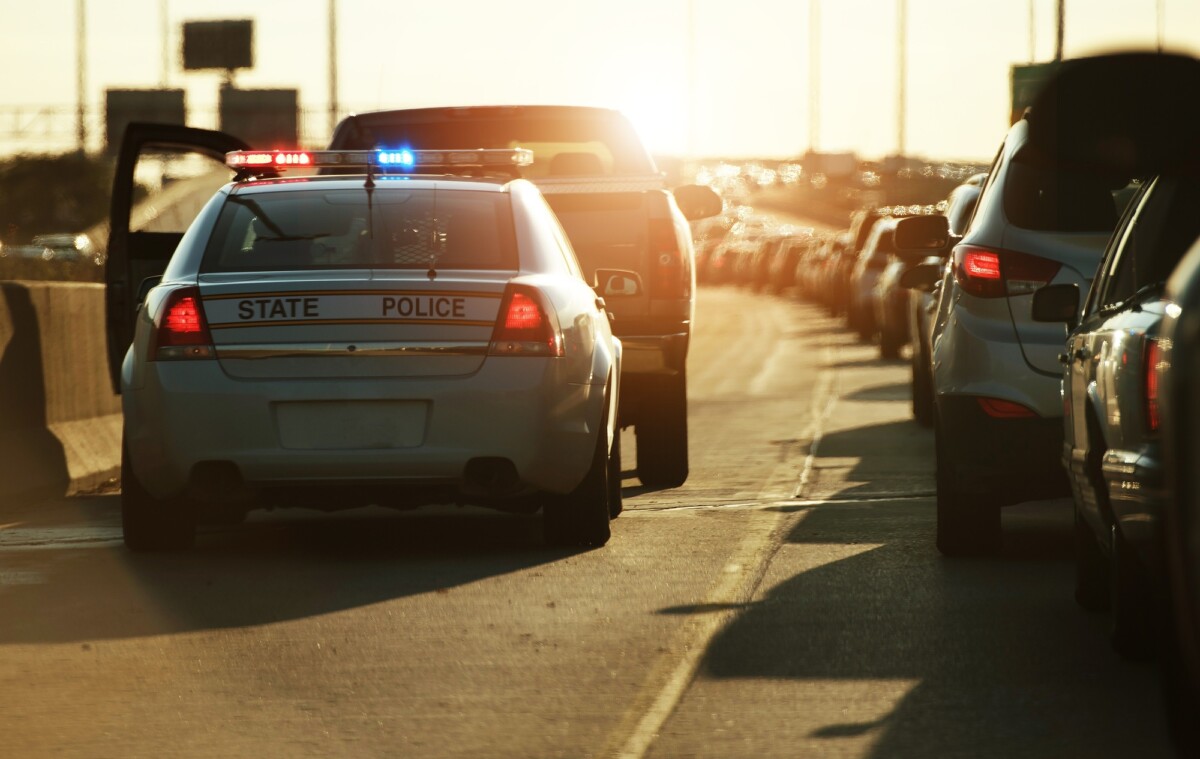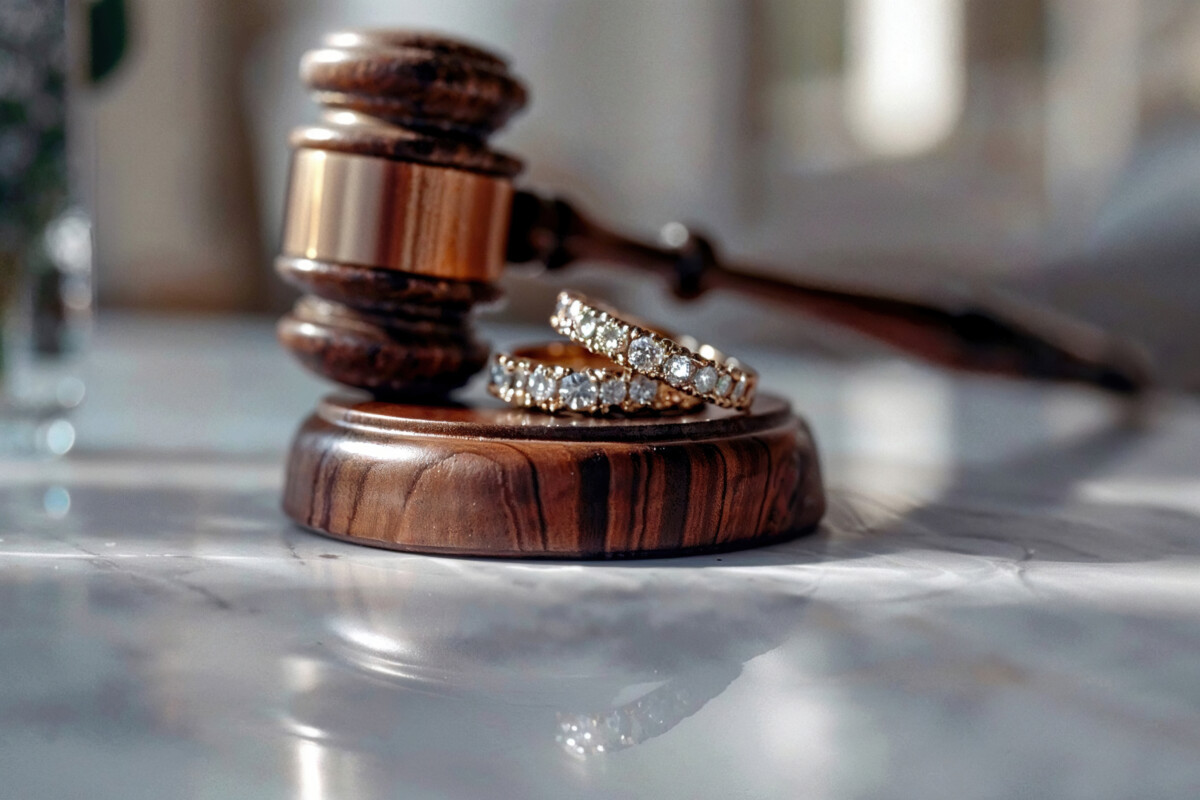What Questions Will Police Ask During a DUI Stop

Being pulled over by the police on suspicion of driving under the influence (DUI) can be a stressful and confusing experience. One of the most common concerns drivers have is: What questions will police ask during a DUI stop? Knowing what to expect can help you remain calm, protect your rights, and avoid making incriminating statements.
This comprehensive article will walk you through the typical questions officers ask during a DUI stop, explain the reasons behind these questions, and provide guidance on how to respond appropriately. We will also cover the legal rights you have during a DUI stop, the types of tests you may be asked to perform, and what happens after the stop. Whether you are in California (ZIP 90001), Texas (ZIP 73301), Florida (ZIP 33101), or elsewhere, this guide will prepare you for the encounter and help you make informed decisions.
Why Do Police Stop Drivers for DUI?
Police officers use various indicators to suspect a driver may be under the influence, including:
-
Erratic driving behavior such as swerving, speeding, or failure to obey traffic signals.
-
The smell of alcohol or drugs emanating from the vehicle or driver.
-
Visible signs of impairment such as bloodshot eyes, slurred speech, or unsteady balance.
-
Reports from other drivers or law enforcement observations.
Once stopped, officers will engage with the driver to assess impairment further. Understanding the purpose behind their questions can help you respond wisely.
Initial Questions at the DUI Stop
When the officer approaches your vehicle, they will typically start with basic questions to gather identification and establish the situation. Common initial questions include:
-
“Do you know why I stopped you?”
This question is often used to gauge your awareness of your driving behavior. It is important to answer politely but avoid admitting guilt. A safe response is, “No, officer, may I ask why?” -
“Can I see your driver’s license, registration, and proof of insurance?”
You are legally required to provide these documents upon request. Have them ready to avoid escalating the situation. -
“Have you been drinking tonight?” or “Have you consumed any alcohol or drugs?”
You have the right to remain silent. It is generally advisable to politely decline to answer questions about consumption. -
“Where are you coming from?” or “Where are you headed?”
These questions help officers understand your recent activities and may provide context for their investigation. Answer truthfully but briefly. -
“Have you taken any medications or drugs today?”
Again, you can choose to remain silent or answer carefully.
If you are concerned about your rights or the questions asked, contact a DUI attorney for advice or call 833-279-1850.
Questions About Alcohol or Drug Consumption
If the officer suspects impairment, they will ask more direct questions regarding alcohol or drug use, such as:
-
“How much have you had to drink tonight?”
-
“When was the last time you consumed alcohol?”
-
“What kind of drinks did you have?”
-
“Have you taken any prescription or recreational drugs?”
These questions aim to establish evidence of impairment. It is important to remember that anything you say can be used against you in court. You may politely state, “I prefer not to answer,” or “I would like to speak with an attorney.”
Field Sobriety Test Instructions and Questions
If the officer believes you may be impaired, they may ask you to perform field sobriety tests (FSTs). Before administering these tests, officers will typically explain the instructions and ask questions such as:
-
“Do you understand the instructions?”
-
“Are you physically able to perform these tests?”
-
“Have you taken any medication or have any medical conditions that may affect your balance or coordination?”
Common FSTs include the walk-and-turn test, one-leg stand test, and horizontal gaze nystagmus test. It is crucial to follow instructions carefully but also to know that you can refuse these tests in some states without immediate penalty.
For guidance on whether to perform sobriety tests, speak with a DUI defense lawyer or call 833-279-1850.
Chemical Testing and Breathalyzer Questions
After field tests, if the officer still suspects impairment, they may request chemical testing such as a breathalyzer, blood test, or urine test. Before administering these tests, officers may ask:
-
“Do you understand that refusal to submit to chemical testing may result in license suspension and other penalties?”
-
“Do you consent to the breathalyzer/blood/urine test?”
Under implied consent laws in most states, refusal to take these tests can lead to automatic penalties, including license suspension. However, you have the right to consult with an attorney before consenting in some jurisdictions.
Your Legal Rights During a DUI Stop
Understanding your rights is essential during a DUI stop:
-
Right to remain silent: You are not required to answer incriminating questions.
-
Right to refuse field sobriety tests: Depending on your state, you may refuse without immediate penalty.
-
Right to refuse chemical tests: Refusal can have consequences but may be strategically considered.
-
Right to an attorney: You can request legal counsel before answering questions or submitting to tests.
Knowing when and how to exercise these rights can protect you from self-incrimination and help your defense.
Common Mistakes to Avoid During a DUI Stop
-
Admitting guilt or making self-incriminating statements.
-
Failing to provide required documents like your driver’s license.
-
Refusing to cooperate in a way that escalates the situation unnecessarily.
-
Performing poorly on field sobriety tests due to nervousness or medical conditions without informing the officer.
-
Ignoring the officer’s warnings about chemical test refusal consequences.
What Happens After a DUI Stop?
If arrested, you will be taken to a police station for booking and chemical testing. You will be informed of your rights and the charges against you. The next steps include:
-
Administrative license suspension hearings.
-
Court appearances for DUI charges.
-
Possible bail or bond arrangements.
-
Consultation with a DUI defense attorney.
Early legal intervention is critical to building a strong defense and minimizing penalties.
Need immediate legal assistance? Get a free DUI case review or call 833-279-1850.
Frequently Asked Questions (FAQs)
1. What should I say when the officer asks if I’ve been drinking?
You have the right to remain silent. It is best to politely decline to answer or say you would like to speak with an attorney.
2. Can I refuse to take field sobriety tests?
In many states, yes. However, refusal may be used against you in court or lead to arrest. Consult a lawyer for advice.
3. What happens if I refuse a breathalyzer test?
Refusal typically results in automatic license suspension and can be used as evidence of guilt in some states.
4. Do I have to answer questions about prescription medications?
You can choose not to answer, but be aware that officers may use this information to assess impairment.
5. Can I ask for a lawyer during a DUI stop?
Yes, you have the right to legal counsel, especially after arrest.
6. Will being polite help during a DUI stop?
Yes, remaining calm and respectful can prevent escalation and improve your situation.
7. What if I have medical conditions affecting sobriety tests?
Inform the officer and report these conditions to your attorney to use in your defense.
Have more questions? Speak with a DUI lawyer today or call 833-279-1850 for expert advice.
Why You Need a DUI Attorney
A DUI stop and arrest can lead to complex legal challenges. An experienced DUI attorney can:
-
Explain your rights and options clearly.
-
Challenge the legality of the stop and the evidence collected.
-
Negotiate plea deals or reduced charges.
-
Represent you in court and administrative hearings.
-
Help protect your driving privileges and minimize penalties.
Protect your future. Get connected with a top DUI attorney or call 833-279-1850 now.
Knowing what questions police will ask during a DUI stop and how to respond can make a significant difference in the outcome of your case. Always remain calm, protect your rights, and seek legal counsel as soon as possible if you are stopped or arrested for DUI.
If you or a loved one is facing DUI charges, don’t wait. Get a free case review with an experienced DUI lawyer or call 833-279-1850 today.
Disclaimer: This article is for informational purposes only and does not constitute legal advice. Laws vary by state and individual circumstances. Consult a qualified attorney for advice specific to your case.
For more information, visit the National Highway Traffic Safety Administration or your state’s Department of Motor Vehicles website.


